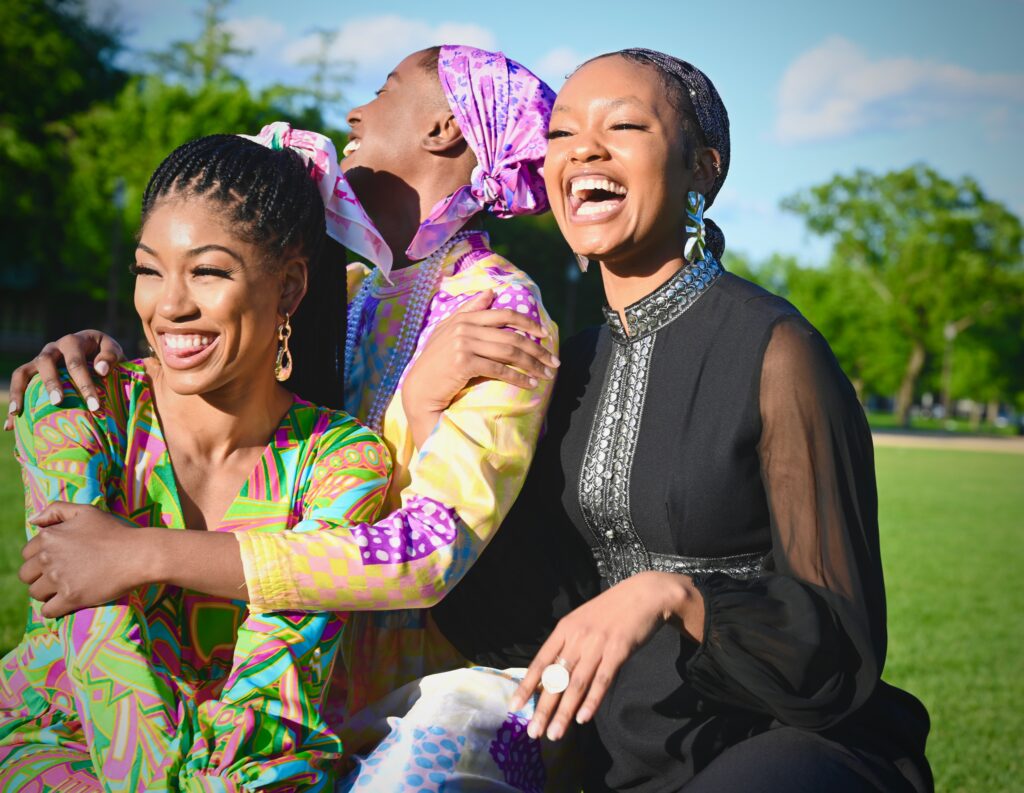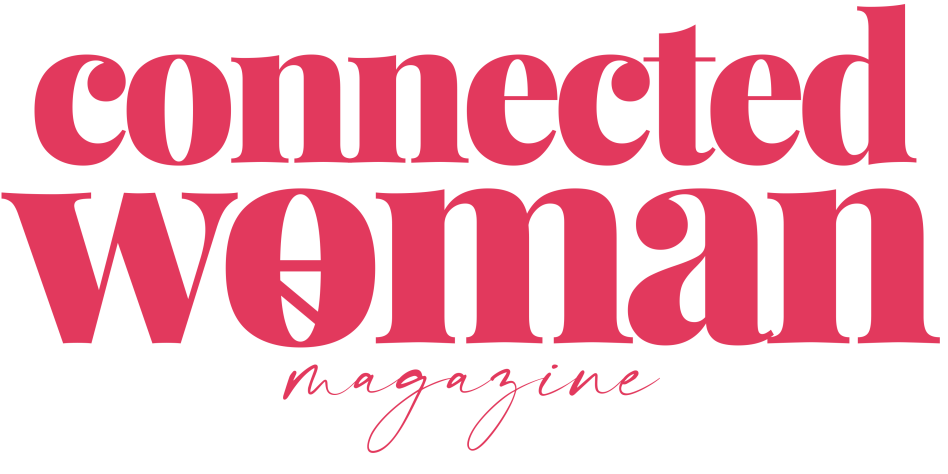It’s Time for More Coaching in BIPOC Communities

As the business community continues to encourage working people to make more investments in self-improvement and mental well-being, it’s critical that we ensure these efforts include more coaching for Black, Indigenous, and other people of color. As a member of the BIPOC community I wasn’t aware of the impact coaching nor was the coaching profession embraced. I didn’t understand what it was until I was an adult with my own business.
Many people of color within the community have been taught to mistrust traditional top-down forms of advice, instead preferring mentoring between peers. While speaking at events and engaging with the community my team and I share insight about what coaching is and what it isn’t. In addition, it’s important to recognize the unique needs of each community, understand their culture and history so coaching can be an effective way to communicate for positive change.
A fraction of my business is dedicated to serving BIPOC communities. Whether it’s in a professional setting or for personal development, coaching provides an opportunity for meaningful transformation. At times resources and guidance may be limited, and uninformed decisions impact the community. Coaching in the community has many benefits. Some include:
1. Improved access to opportunities: Coaching can provide individuals in BIPOC communities with the skills, knowledge, and support they need to succeed in their careers and access new opportunities.
2. Increased representation: With coaching, BIPOC individuals can develop the skills and confidence they need to pursue leadership positions and high-status careers, helping to increase representation and diversity in these fields.
3. Boosted confidence and motivation: Coaching can provide individuals in BIPOC communities with the support and encouragement they need to pursue their goals and aspirations, boosting their confidence and motivation.
4. Better preparation for challenges: Coaching can help individuals in BIPOC communities prepare for and overcome obstacles in their personal and professional lives, equipping them with the tools and strategies they need to succeed.
5. Improved cultural competence: Coaching can also help BIPOC individuals develop a greater understanding of their own

cultural identity and how it intersects with their personal and professional lives, leading to improved cultural competence.
Overall, coaching in BIPOC communities can help to address systemic inequalities, promote diversity, and support personal and professional growth and development. This is a huge opportunity to engage with members of the community to foster trust, provide education and respect.

I was the young adult who needed coaching and wasn’t aware that it was an option. My first experience with coaching was the catalyst for many of the changes that transpired in my life. Every so often, I wonder would my life be different if coaching was available earlier? Would there have been more people in the community moving toward their goals? Would there be more businesses in the neighborhood?
Ultimately, coaching can be transformative and can be applied to many aspects of life. The Moore Out of Life team will continue to share information and offer opportunities to experience coaching. By building trust and respect, coaches and the BIPOC communities can create positive, lasting change. To learn more, click here to sign up for our newsletter.
